The lifespan of an AC capacitor, like any electronic component, can be influenced by various environmental, operational, and manufacturing factors. Understanding these conditions can help extend the lifespan and reliability of AC capacitors. Here are the key factors that affect the lifespan of an AC capacitor:
1.Voltage and Voltage Stress: Operating a capacitor above its rated voltage can lead to premature failure. Overvoltage conditions can cause dielectric breakdown, insulation damage, and result in catastrophic failure. Ensure that the voltage across the capacitor remains within its specified limits.
2.Temperature: Capacitors have temperature limits specified by the manufacturer. Operating capacitors at high temperatures can reduce their lifespan due to increased internal stress, accelerated aging, and potential dielectric breakdown. Conversely, extremely low temperatures can affect the performance of some capacitor types.
3.Frequency and Ripple Current: In AC circuits, the frequency of the voltage can affect the capacitive reactance and the amount of ripple current flowing through the capacitor. High ripple current can generate heat and lead to reduced lifespan. Ensure that the capacitor is rated for the frequency and ripple current conditions in your application.
4.Voltage Transients and Surges: Voltage spikes, surges, or transients can damage capacitors. The use of surge protection devices and proper circuit design can help mitigate these effects.
5.Humidity and Moisture: Exposure to high humidity or moisture can lead to corrosion of internal components and degrade the dielectric material over time. This is especially important for capacitors in outdoor or harsh environments.
6.Mechanical Stress and Vibration: Mechanical stress or vibration, whether due to external factors or mechanical resonance within the capacitor, can lead to physical damage and reduce the capacitor's lifespan.
7.Overheating: In some applications, capacitors may generate heat during normal operation. Adequate ventilation and cooling measures should be in place to prevent overheating.
8.Age and Shelf Life: Even when not in use, capacitors can age over time. Manufacturers often provide a shelf life or recommended storage conditions for their capacitors. Using old or expired capacitors may result in reduced performance or failure.
9.Quality and Manufacturing: The quality of manufacturing processes, materials, and component selection can greatly impact the reliability and lifespan of capacitors. Choosing capacitors from reputable manufacturers can help ensure higher-quality components.
10.Electrical Stress and Voltage Reversal: Some capacitors are sensitive to polarity, and applying voltage with reversed polarity can cause damage. Always follow the manufacturer's guidelines regarding polarity.
11.Operating Conditions: The specific operating conditions of the capacitor, such as its load, duty cycle, and ambient environment, can affect its longevity. Understanding the application's requirements is essential.
12.Maintenance: In some cases, regular maintenance and inspection can help identify and replace capacitors that are nearing the end of their lifespan before they fail and potentially cause system downtime.
It's important to note that different capacitor types (e.g., ceramic, electrolytic, film) have different characteristics and vulnerabilities. Reading and following the manufacturer's datasheets and recommendations for each capacitor type and application are essential for maximizing their lifespan and ensuring reliable operation. Regular maintenance and monitoring can also help identify potential issues before they result in failures.

 简体中文
简体中文 English
English Español
Español عربى
عربى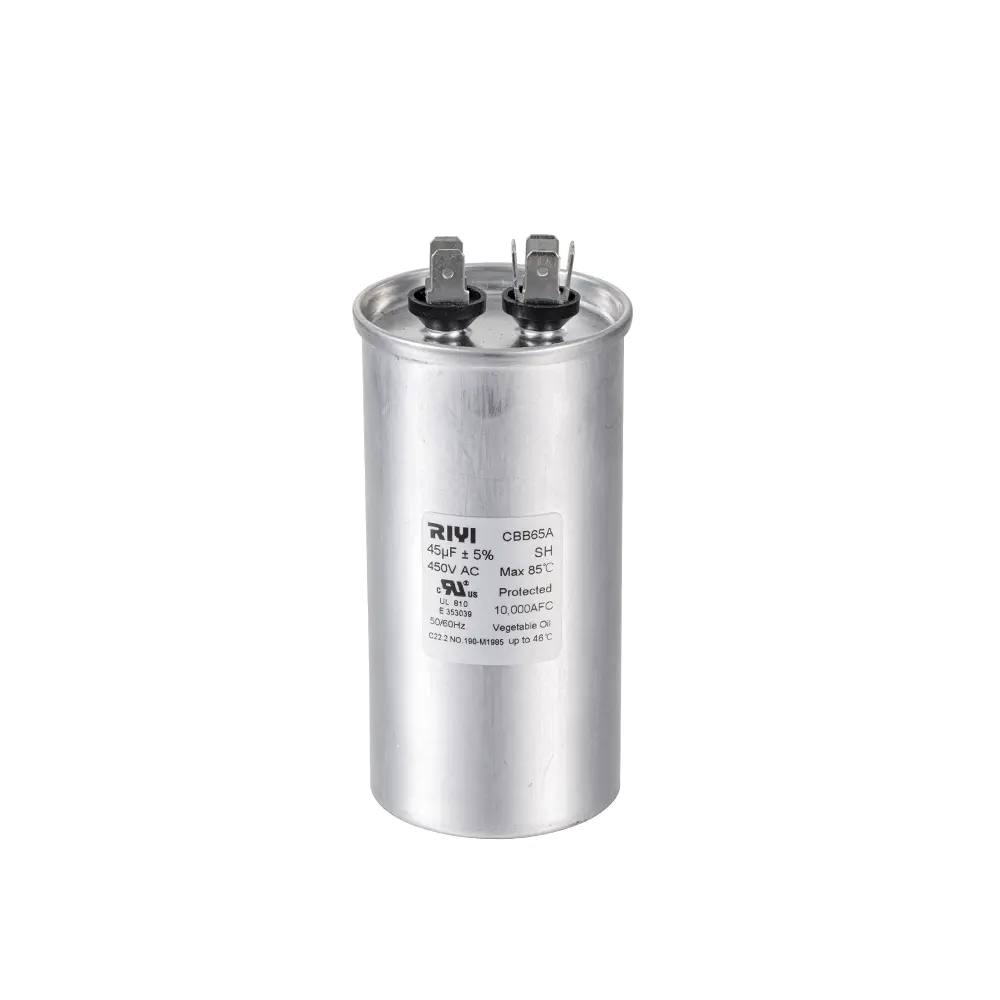
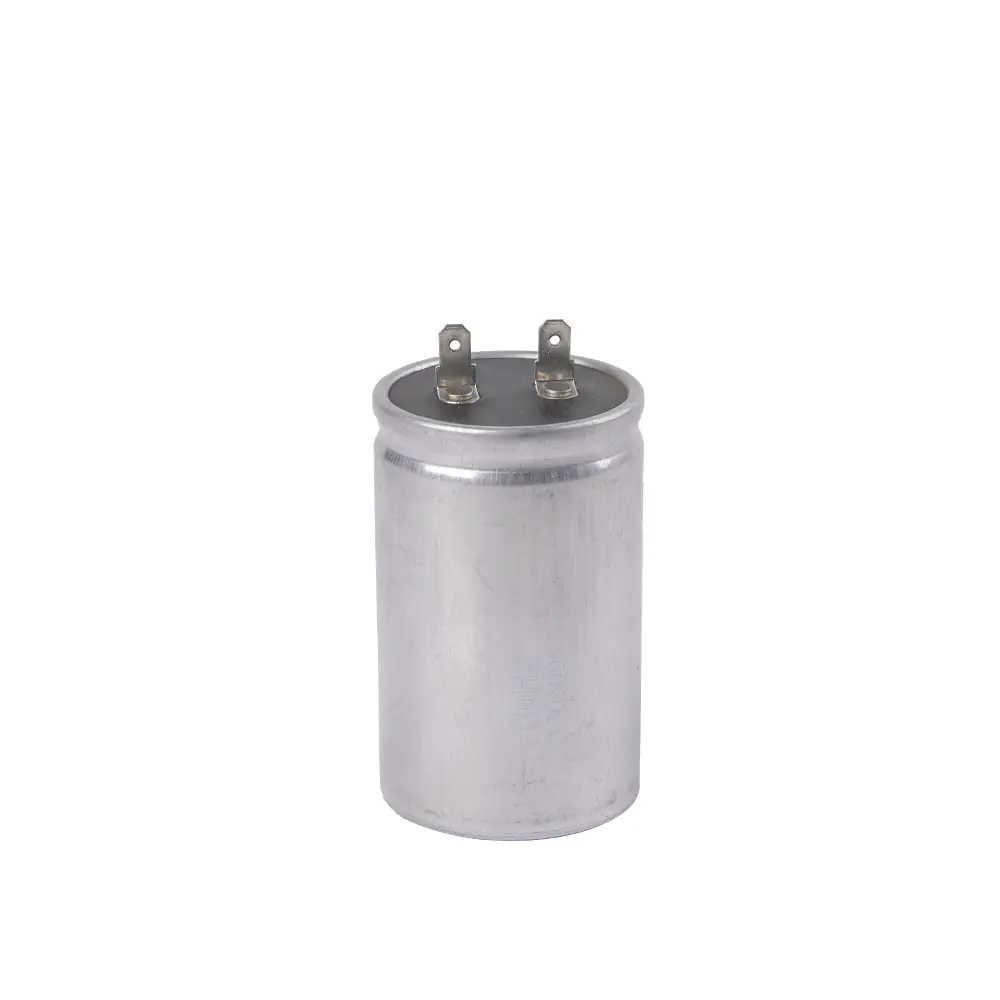
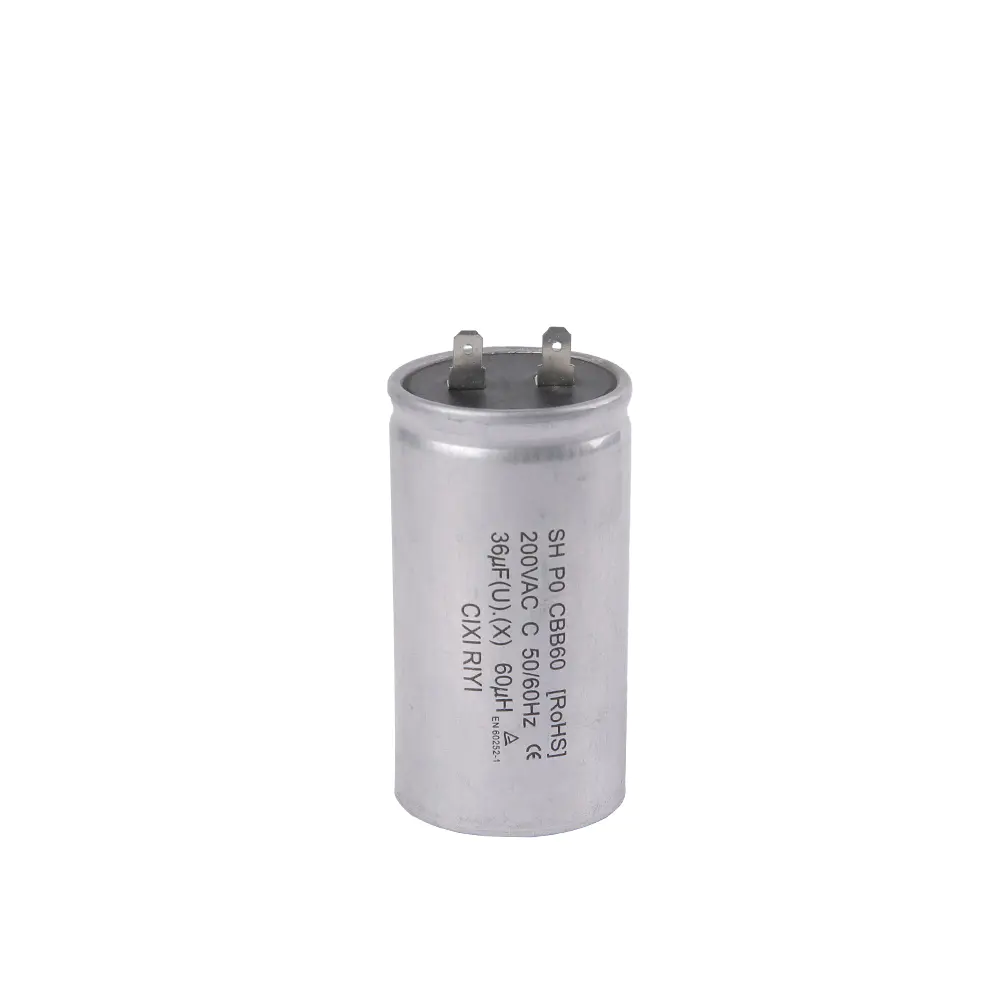
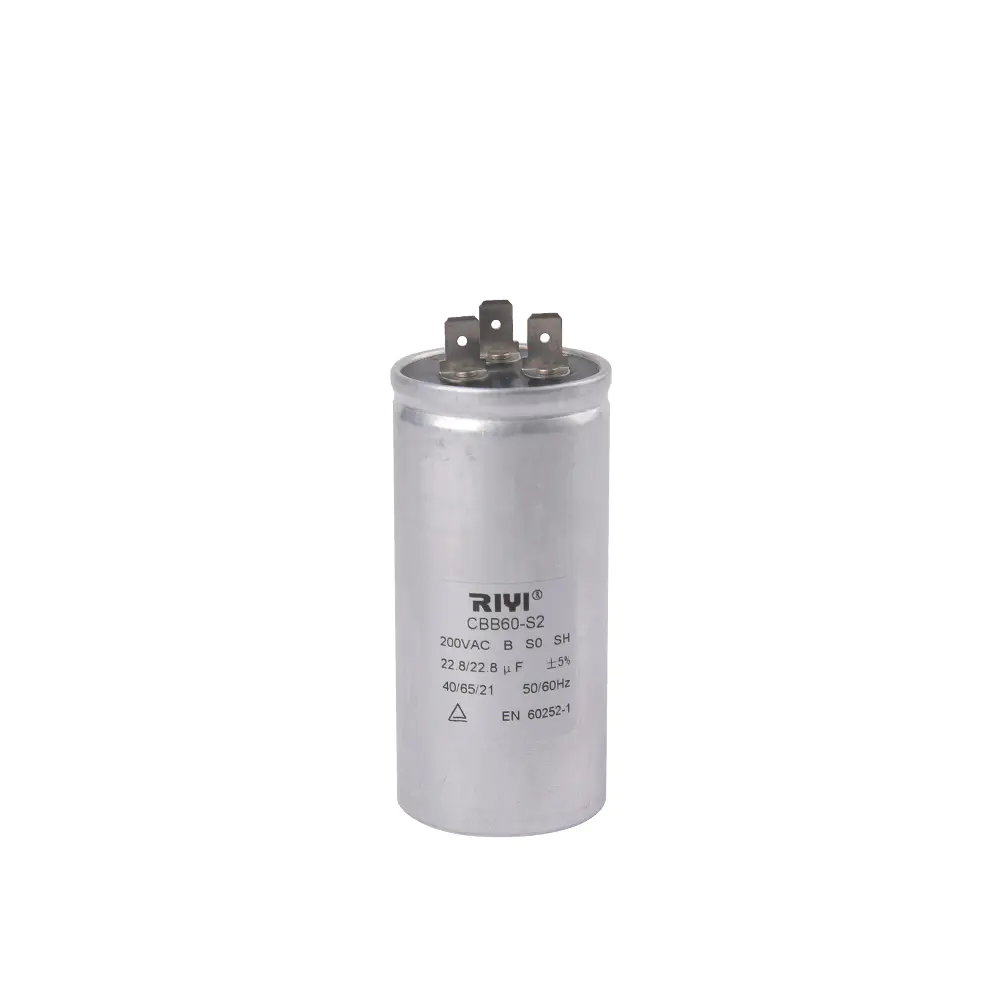
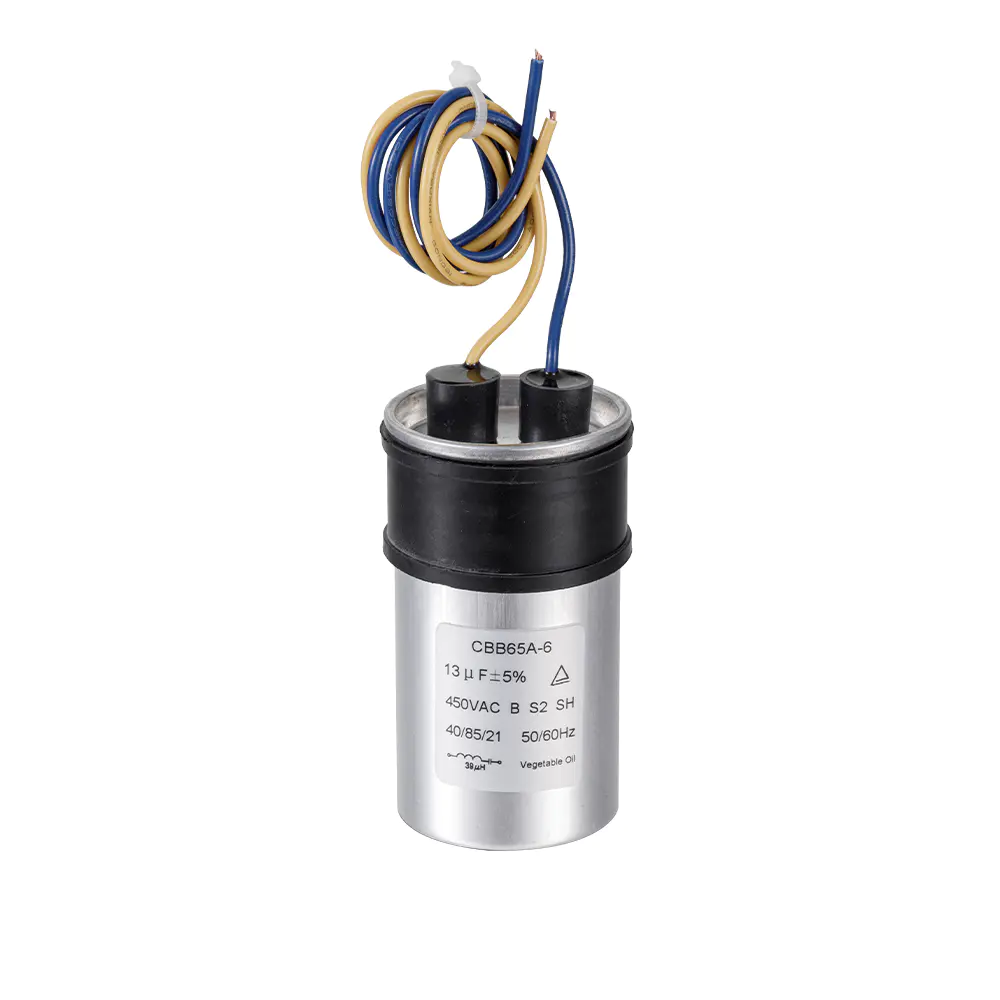
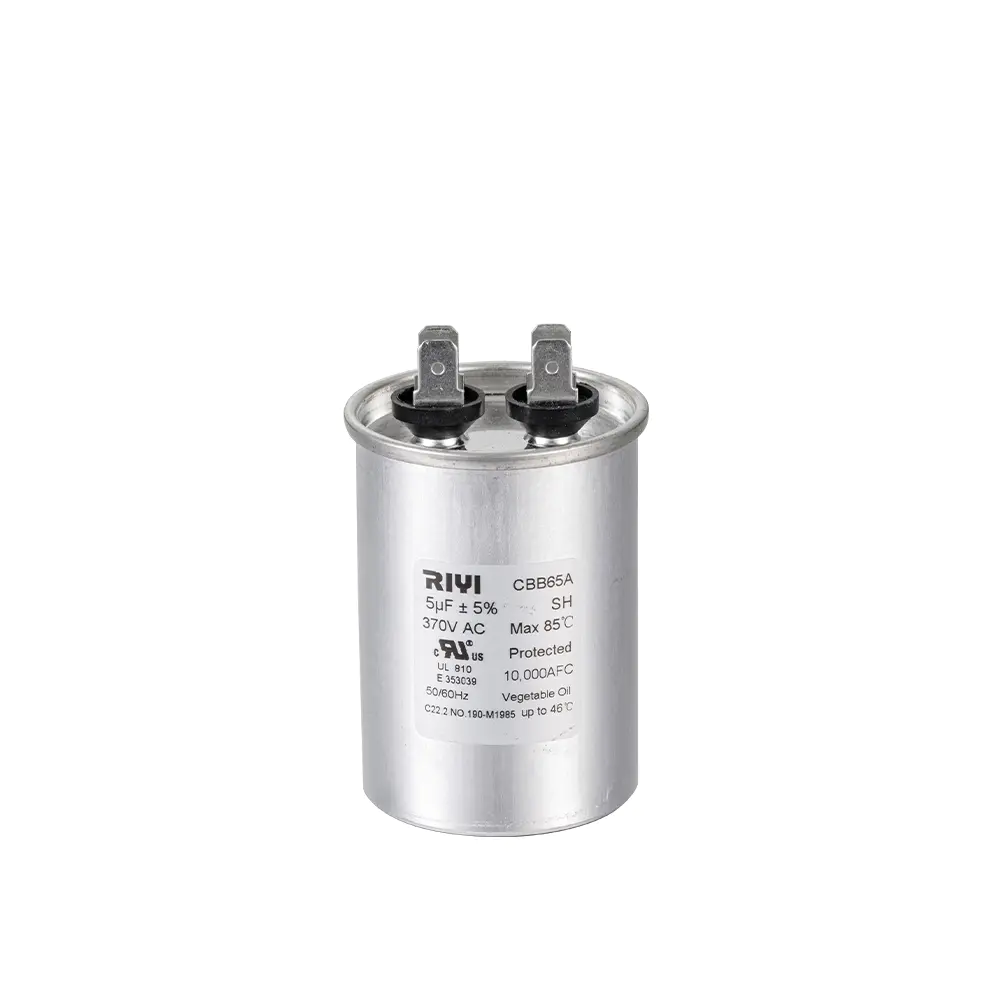
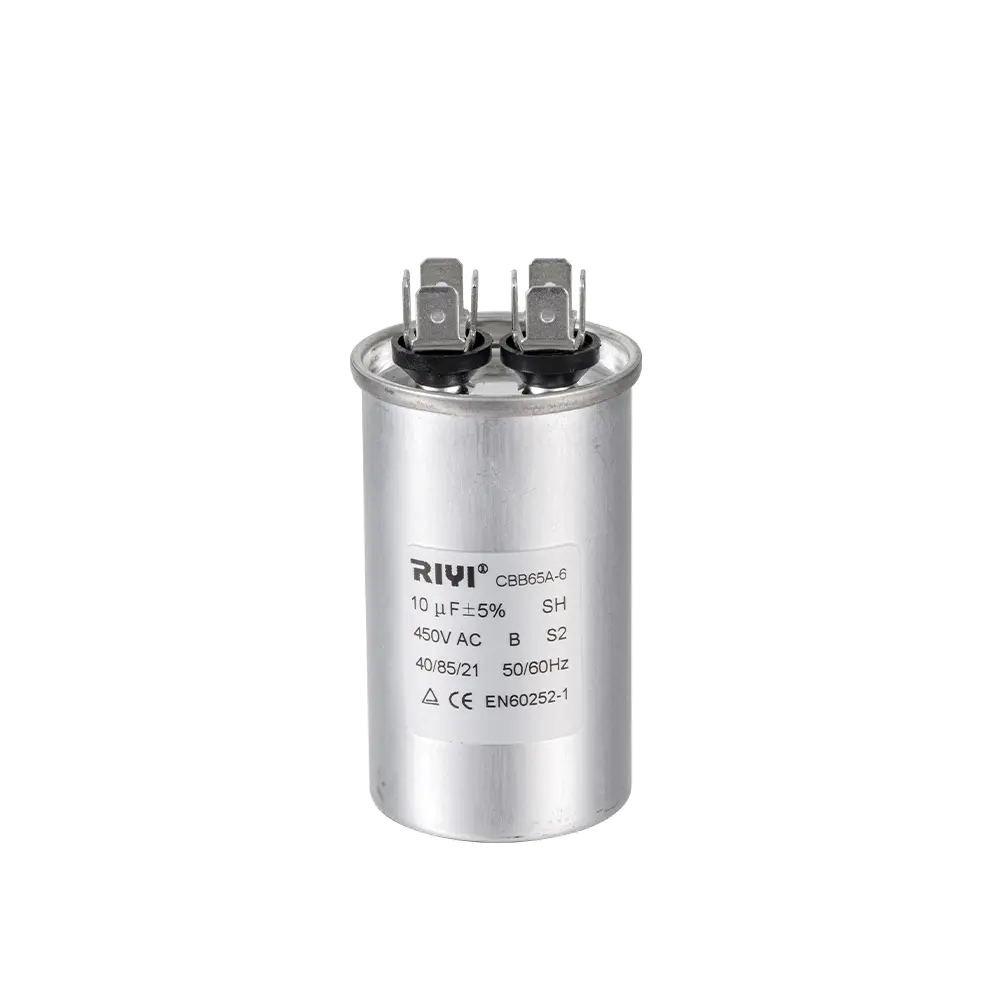
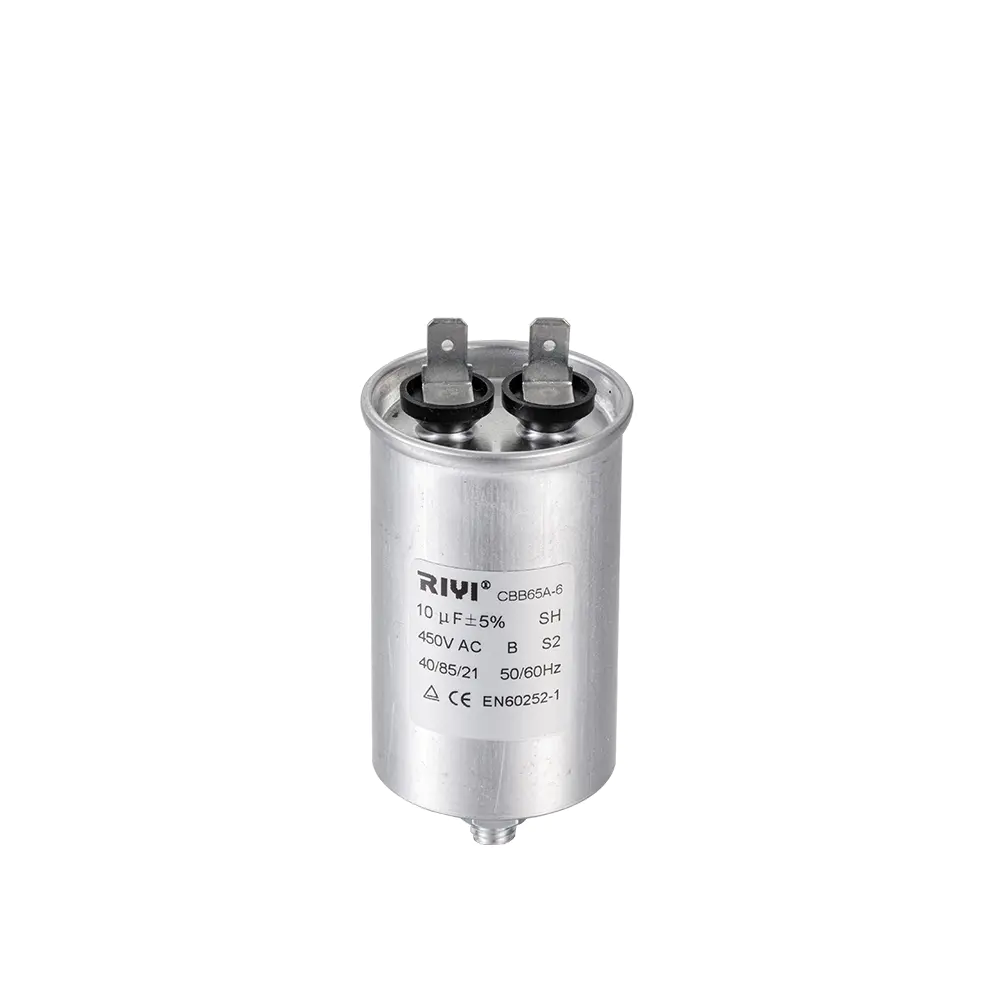
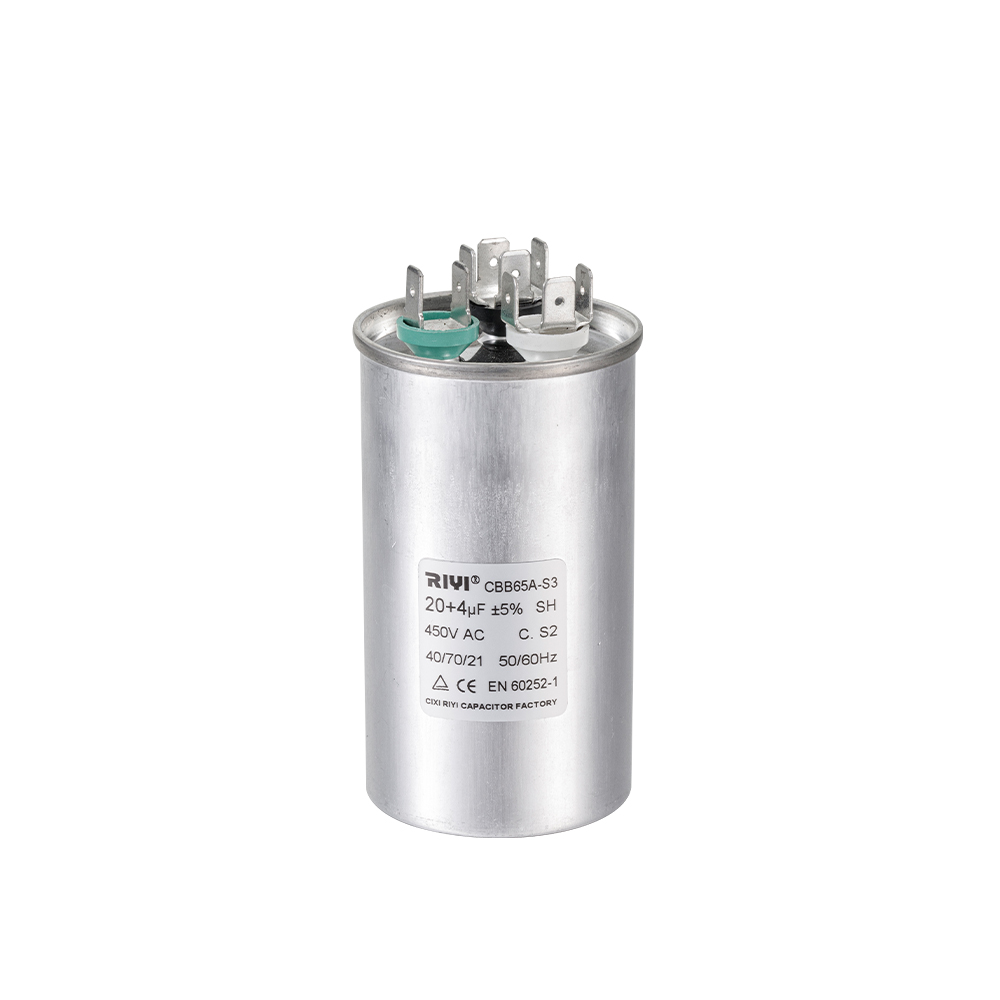
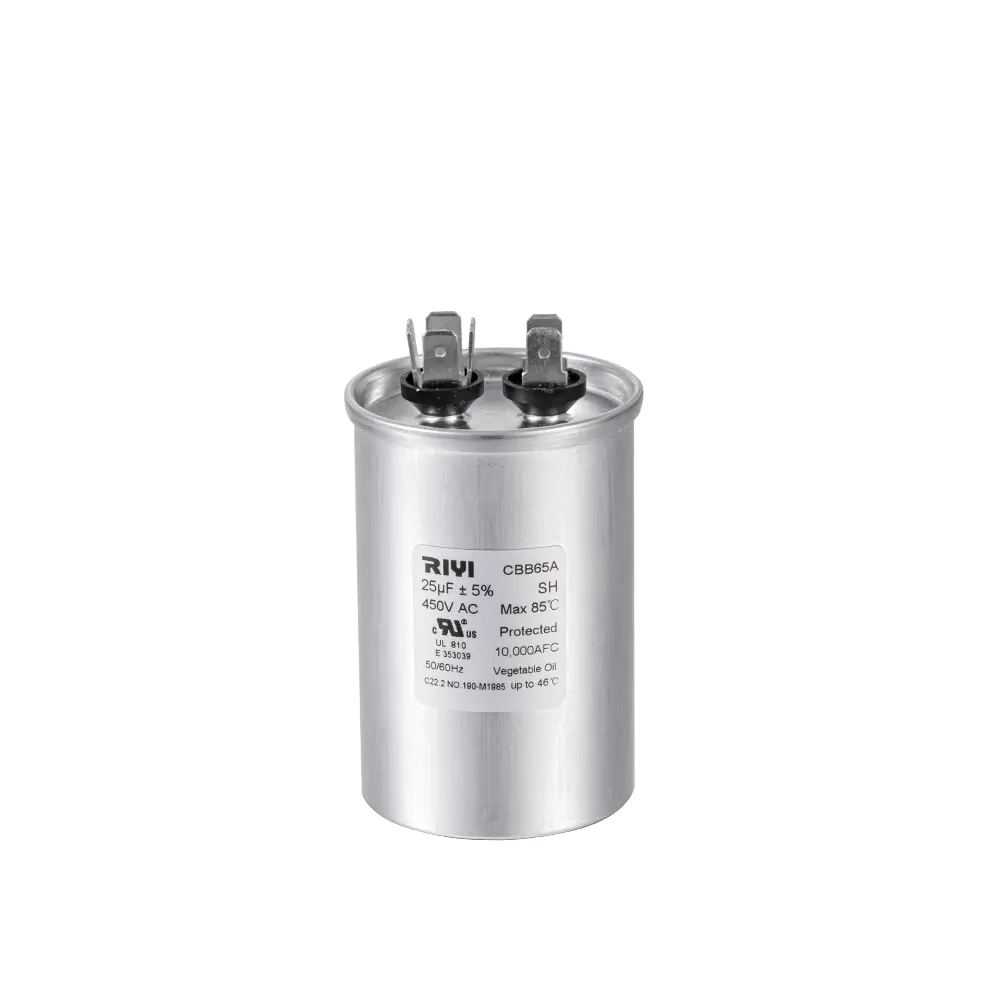
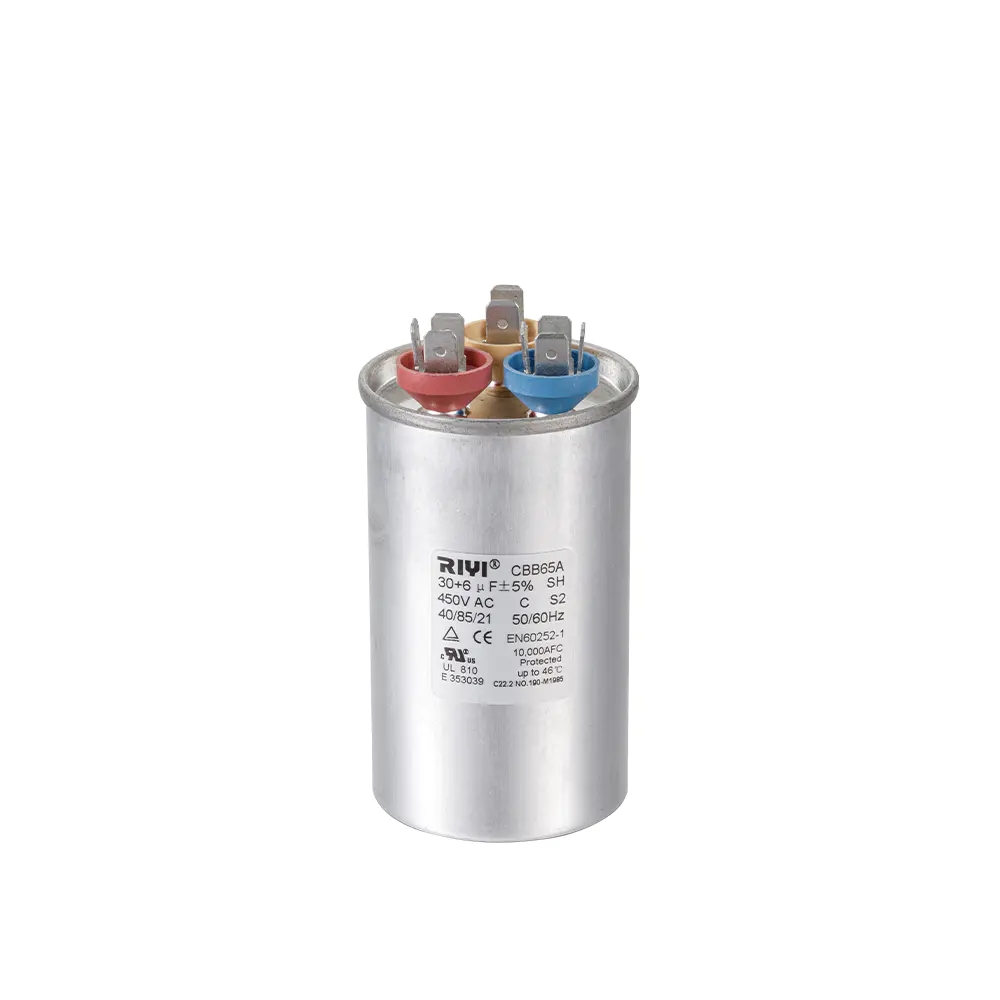
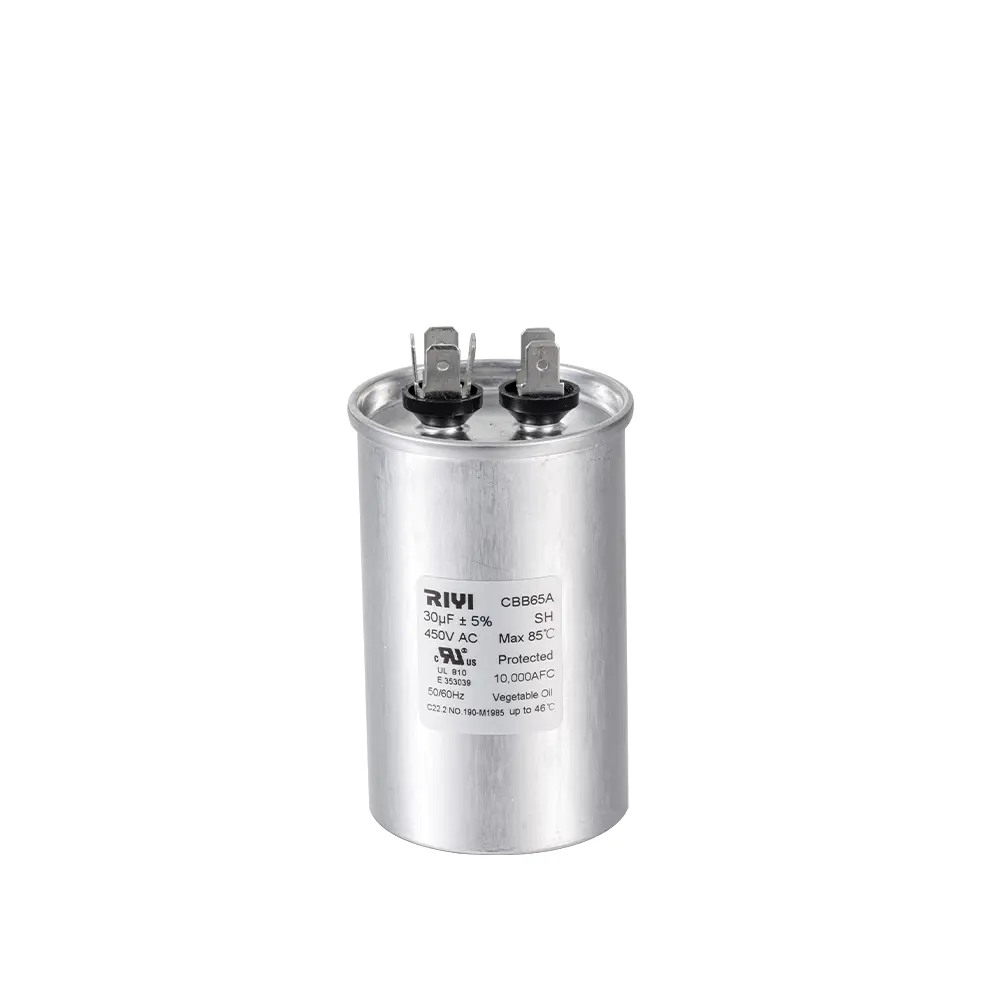

 +86-13600614158
+86-13600614158
 +86-0574-63223385
+86-0574-63223385 Zonghan Street,Cixi City,Zhejiang Province,China.
Zonghan Street,Cixi City,Zhejiang Province,China.